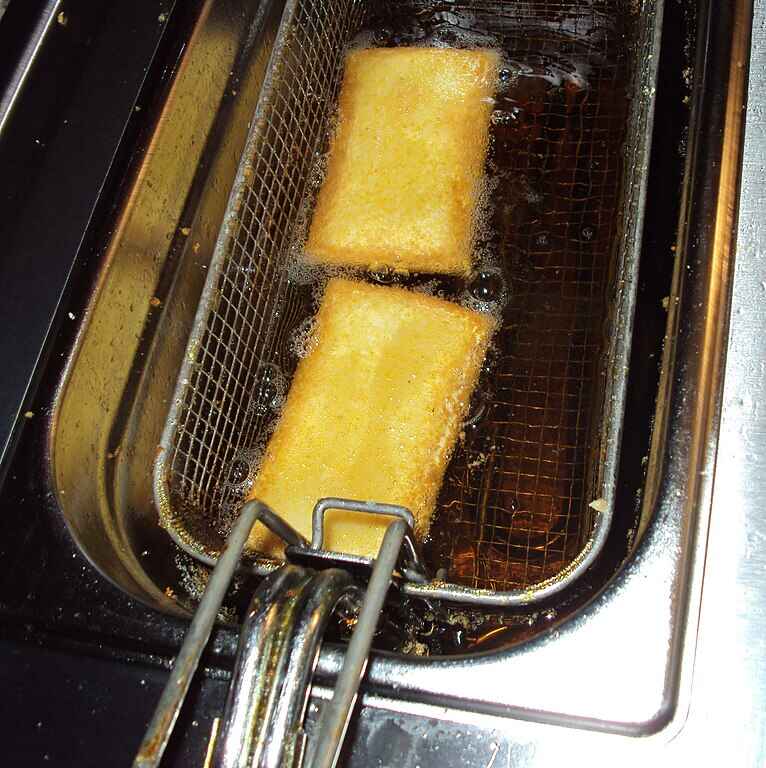Your grease traps and hood vent filters must be emptied regularly. Cleaning the areas where grease collects is vital to prevent grease overflow. Food safety is the prime reason we discuss grease contamination in ServSafe Managers training courses and we want to provide tips for grease collection sanitation.
ServSafe Managers Benefit from Clean Grease Traps
Grease collects on the outside of your deep fryers, and the traps on your flattop grill. In addition, it can also build up in the filters of your hood vent system. It can potentially create food hazard risks by:
- Attracting insects
- Providing a breeding ground for bacteria
- Contaminating food
First, grease attracts three common kitchen pests. Greasy areas are a preferred food source and breeding grounds for fruit flies, common flies and cockroaches. Fruit flies can become especially troublesome. They can gain sanctuary in greasy areas and spread to the rest of your facility.
One common misconception ServSafe Managers have with grease collection sanitation is since it has already been heated on the stovetop or grill, it cannot be a severe foodborne illness risk. The grease in your traps and hood vents contains elements of the food that you have cooked and essentially lives in the danger zone 24 hours a day. Basically, if you have excessive grease anywhere in your facility, you have created perfect growing conditions for bacteria that can potentially end up in your guest’s food.
Simple Solutions to Avoid Grease Contamination
There are simple solutions ServSafe Managers can use to keep food safe from grease contamination. First, empty and clean your traps a vent filters often. Secondly, make sure that your overhead hood vent filters are completely dry before replacing them. Allowing water to drip from them onto your cooking surface can create safety hazards above deep fryers and cross contamination issues if the water drips onto food. Lastly, take the time each day to clean areas where fryer oil and other greasy food components are prepared. This will prevent buildup and make thorough cleaning easier.
Like many foodborne illness concerns, simple sanitation is the easiest was to keep your guests safe. What simple tasks do you feel are important to prevent small issues from becoming major problems?



